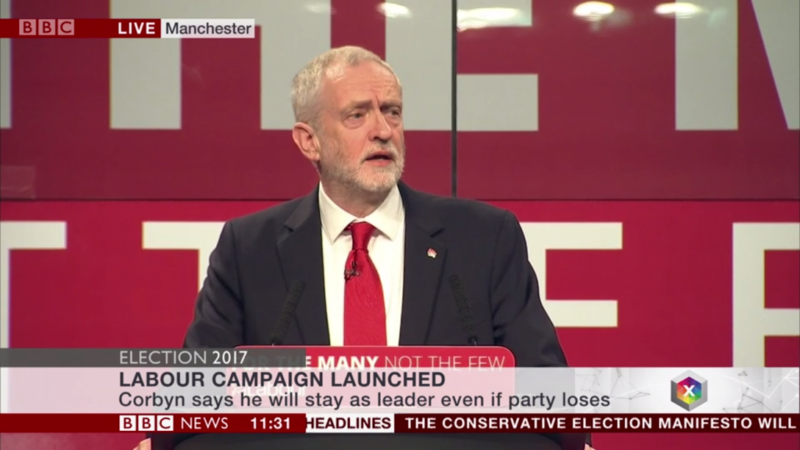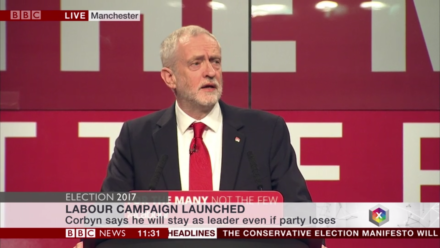

Reflecting on the general election
The full national executive committee (NEC) met for the first time since 8 June. Jeremy Corbyn praised everyone who contributed to the result and participated in campaigns around the country. Jeremy talked about the amazing response Labour received as the election date drew nearer. People of all ages and backgrounds were inspired by Labour’s message of hope. Jeremy told the NEC that if the election had taken place one week later Labour would have won.
No one knows when the next election will take place. It could be as early as September or as late as 2022. Labour will keep up the pressure on the Conservatives by continuing to campaign hard around the country. Jeremy will continue to campaign in key marginals and hold rallies to mobilise and engage members and the public. Labour will be ready for the next general election — whenever it takes place.
Selecting candidates for the next general election
July’s full NEC meeting will begin reviewing the process for selecting candidates in key marginals in England for the next general election. The Scottish and Welsh executive committees is responsible for deciding the process for candidate selection in Scotland and Wales.
The discussions are in early days but, like many other NEC members, I am keen that local parties are able to hold selections with members able to vote for their preferred candidates. I would also like to see local parties able to make nominations to ensure people are fully engaged and popular local candidates aren’t overlooked.
The NEC will also need to decide how many of the marginal seats are all-women shortlists. In order to achieve a gender-balanced PLP it has been suggested that at the very least 50 per cent of the marginal seats should be AWS.
Increasing diversity
The NEC equalities committee reviewed the parliamentary Labour Party diversity statistics. The percentage of female MPs has increased from 42 per cent in 2015 to 45 per cent in 2017. The percentage of black and minority ethnic MPs has increased from 10 per cent in 2015 to 12 per cent in 2017. This is good news and shows Labour is moving in the right direction in terms of ensuring our elected representatives reflect the diversity of the communities they come from. Someone quoted Barbara Castle saying we shouldn’t underestimate our achievements and should note this success. We are all aware that there is more to do, particularly if we want to achieve Jeremy Corbyn’s commitment to 50 per cent of the PLP being female by the next parliament. There is also a lot to do to improve diversity in local government.
Standing candidates in Northern Ireland
A working group was established to consider whether Labour should stand candidates in Northern Ireland. This work was put on hold because of the general election, but will resume shortly. Consultations will begin with key stakeholders as soon as possible. The Tory-DUP coalition adds an extra element to discussions.
Internal Labour elections
A number of internal elections will take place this summer for bodies like the conference arrangements committee. Ballots will be sent out by post and online and will run from 7 August to 8 September. It was previously agreed that the national policy forum elections will be postponed until next year.
Alice Perry represents local government on Labour’s NEC.




More from LabourList
‘Labour won’t win back left defectors with squeeze messaging alone’
‘Help shape the next stage of Labour’s national renewal through the 2026 NPF consultation’
‘AI regulation is key to Labour’s climate credibility’